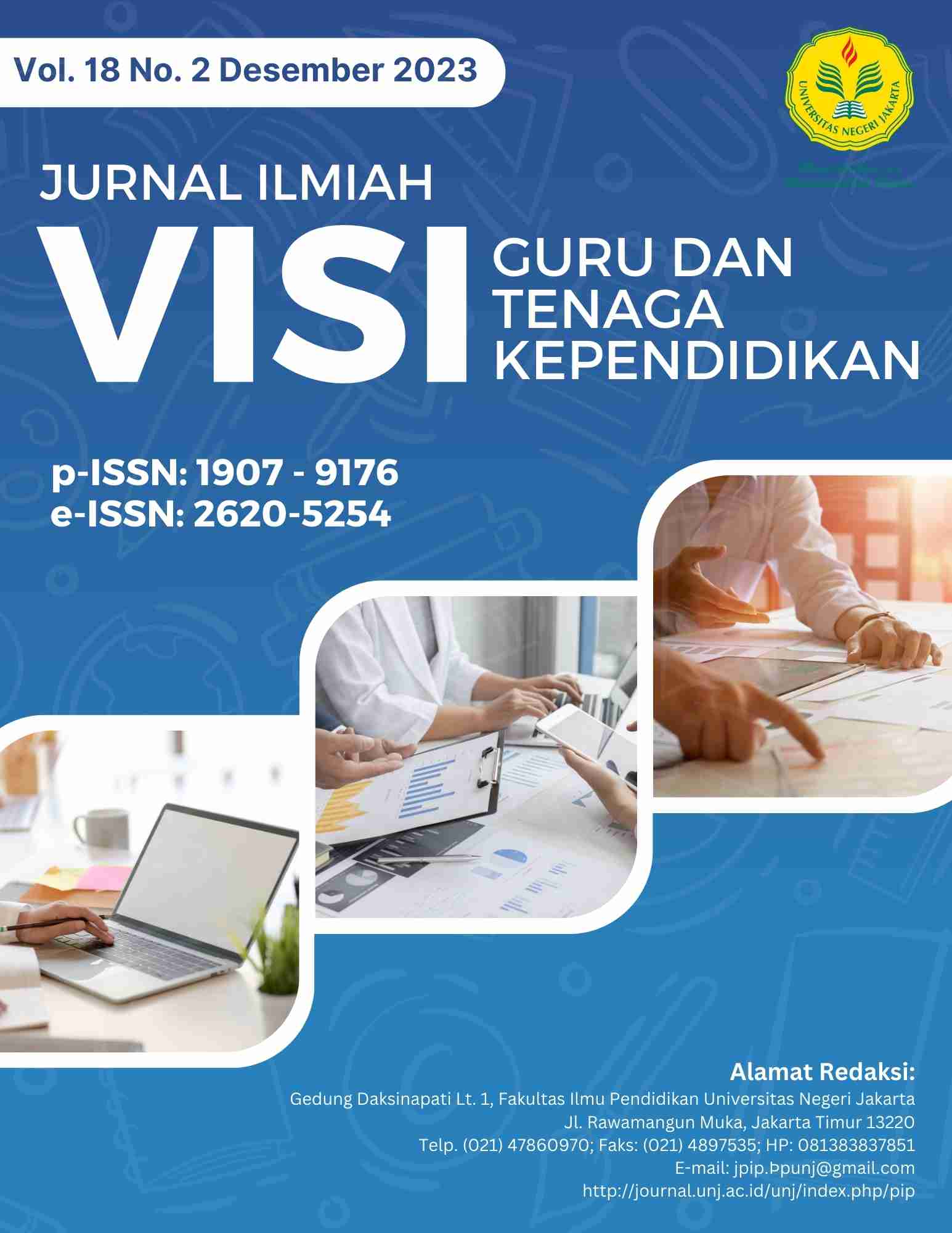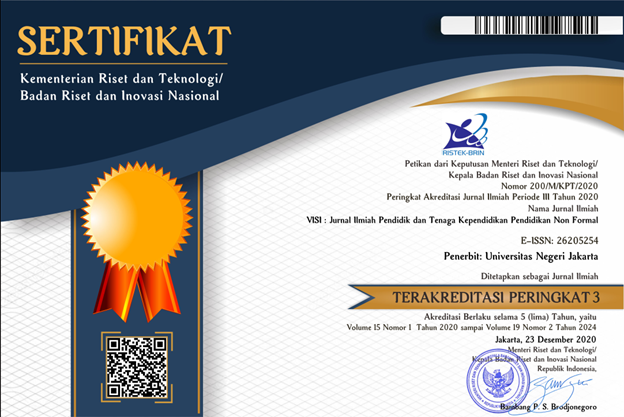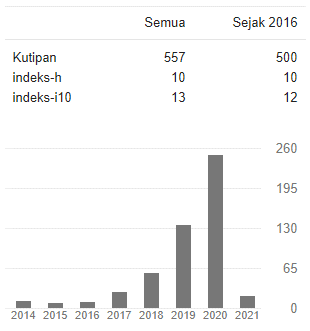Analysis of Tourism Potential of Sirnajaya Village Based On Child-Friendly Rural Tourism Free of Exploitation
DOI:
https://doi.org/10.21009/JIV.1802.5Keywords:
Rural tourism, Exploitation-Free, Child FriendlyAbstract
The concept of tourism villages is indeed a trend in Indonesia and various parts of the world, so it is not surprising that many tourists visit tourism villages. However, the development of the tourism sector is inseparable from the risk of crime, one of which is crime and sexual exploitation, whose targets are children. Crime and sexual exploitation of children have been rampant in tourist destinations in various parts of the world, including in Indonesia. Various parts of the world, including in Indonesia. The crimes and exploitation of children in tourist attractions: 1) child marriage, 2) child prostitution, 3) child sex trafficking, 4) online child pornography, 5) child trafficking. This study aims to conduct an analysis to develop a child-friendly tourist village free of exploitation to Sirnajaya Village, Sukamakmur District, Bogor Regency. This research uses a quantitative approach with a survey method. Respondents in this study were 44 people with details of 40 tourists, one head of Sirnajaya Village, and three tourism managers in Sirnajaya Village. The results revealed that Sirnajaya Village is not yet feasible to become exploitation-free rural tourism. It still needs some improvements, especially those related to policies, facilities and infrastructure, quality of human resources, and community involvement. The suggested tactic is change tactics/strategy, meaning that the current management organization is advised to change its tourism development strategy if it wants to develop exploitation-free, child-friendly tourism.
Downloads
Published
How to Cite
Issue
Section
License
Authors who publish with this Journal agree to the following terms:
- Author retain copyright and grant the journal right of first publication with the work simultaneously licensed under a creative commons attribution licensethat allow others to share the work within an acknowledgement of the work’s authorship and initial publication of this journal.
- Authors are able to enter into separate, additional contractual arrangementfor the non-exclusive distribution of the journal’s published version of the work (e.g. acknowledgement of its initial publication in this journal).
- Authors are permitted and encouraged to post their work online(e.g. in institutional repositories or on their websites) prior to and during the submission process, as it can lead to productive exchanges, as well as earlier and greater citation of published works.
- Users/public use of this website will be licensed to CC BY-NC-SA Creative Commons Attribution-NonCommercial-ShareAlike 4.0 International License









